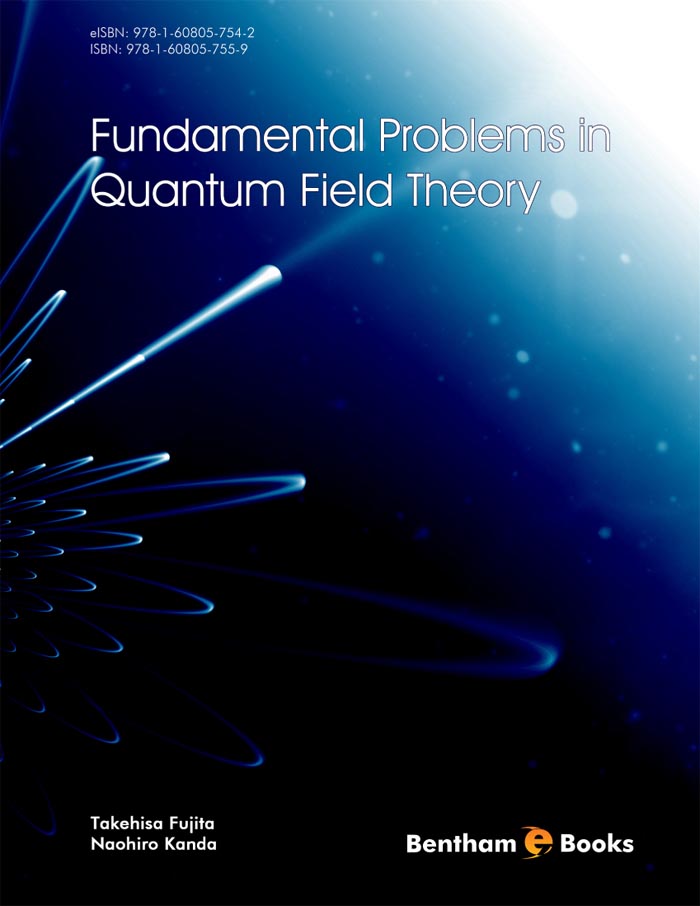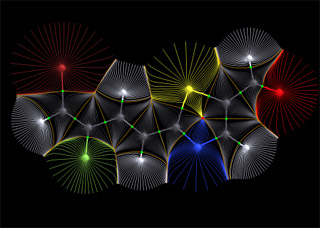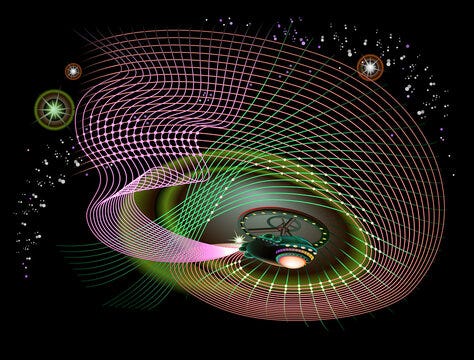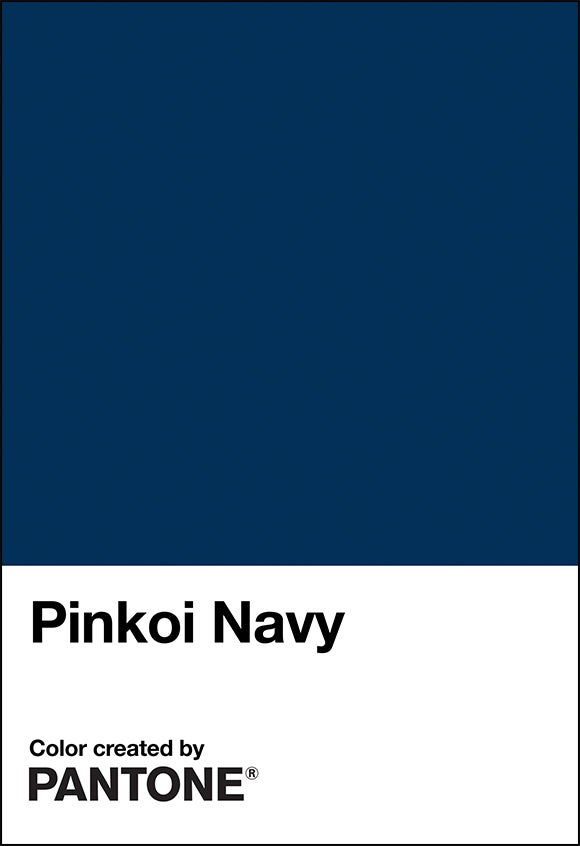New Perspectives on Quantum Field Theory with Boundaries
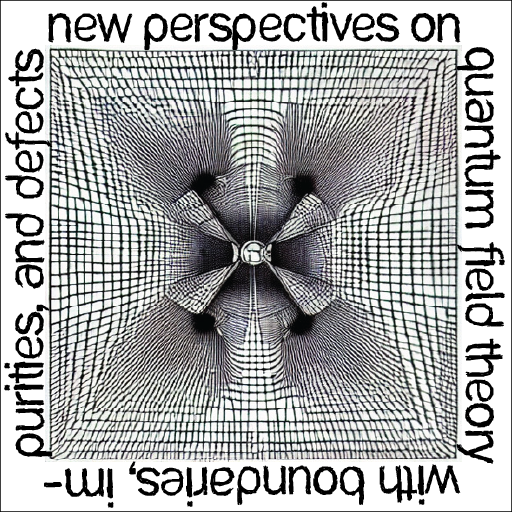
Strongly coupled systems comprise some of the most difficult and important problems in physics. Boundaries, impurities, and defects play a ubiquitous role in understanding their universal behavior, from topological states of matter to confinement in gauge theories. Topologically protected gapless edge modes give rise to remarkable quantized transport, while confining properties of strong interactions are sharply formulated in terms of Wilson and 't Hooft loops.QFT techniques are routinely
Strongly coupled systems comprise some of the most difficult and important problems in physics. Boundaries, impurities, and defects play a ubiquitous role in understanding their universal behavior, from topological states of matter to confinement in gauge theories. Topologically protected gapless edge modes give rise to remarkable quantized transport, while confining properties of strong interactions are sharply formulated in terms of Wilson and 't Hooft loops.QFT techniques are routinely applied to systems with boundaries and defects, often with remarkable success. However, in systems with strong interactions many of the important questions remain intractable. Luckily, the rapid development of novel approaches to strongly-interacting QFTs opens a new avenue to study boundaries, defects and impurities. Prominent examples include the Anti-de-Sitter/Conformal Field Theory correspondence and holographic duality, integrability, the conformal bootstrap, non-perturbative supersymmetry methods, the use of entanglement entropy and other quantum information measures, anomalies and higher-form symmetries, hydrodynamics of QFTs, and more.The goal of the program is to discuss new developments in QFT with boundaries, impurities and defects with focus onHolographic dualityNew phases and RG flows with boundariesAnomalies and c-theoremsSupersymmetric localizationBootstrap methodsIntegrabilityParticipants will include T. Brennan, M. Chernodub, L. Di Pietro, M. Frau, Z. Komargodski, M. Metlistki, I. Runkel, J. Russo, F. Parisen Toldin, E. Tonni Application deadline: 31 March 2023.If you want to apply for participation in the program, fill in the application form. You will be informed by the organizers shortly after the deadline whether your application has been approved.

Unveiling new quantum phases in the Shastry-Sutherland compound

Universe, Free Full-Text

The dissipative approach to quantum field theory: conceptual
Highlight, take notes, and search in the book

Quantum Field Theory: A Modern Perspective (Graduate Texts in Contemporary Physics)

Cycles of Time: An Extraordinary New View of the Universe by Roger

Viewing Systems from Boundary and Evolution—Toward Developing New
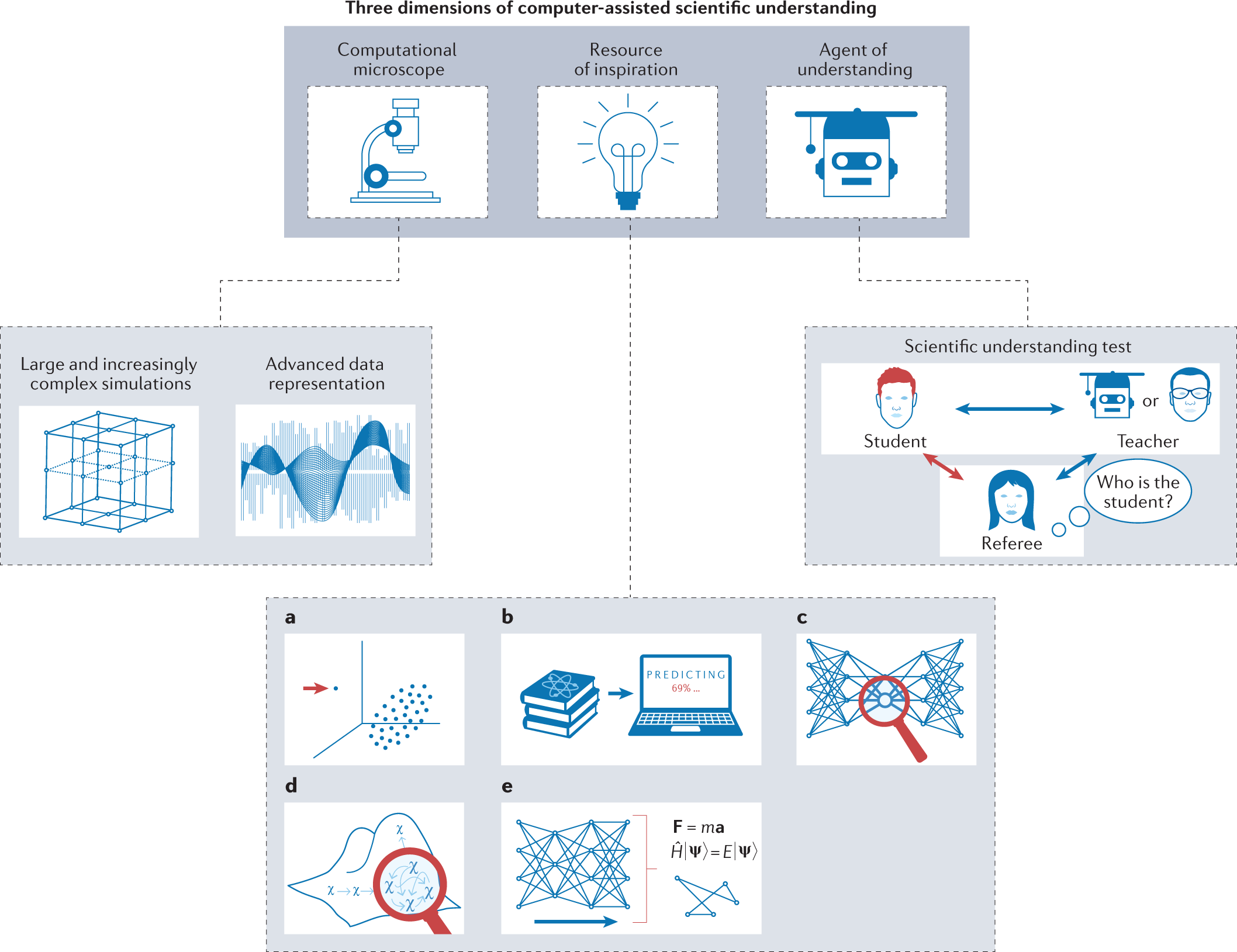
On scientific understanding with artificial intelligence
ChatGPT explains what happens to you after you die : r/ChatGPT

Quantum Consciousness: A Critique of the Current Framework

The dissipative approach to quantum field theory: conceptual
